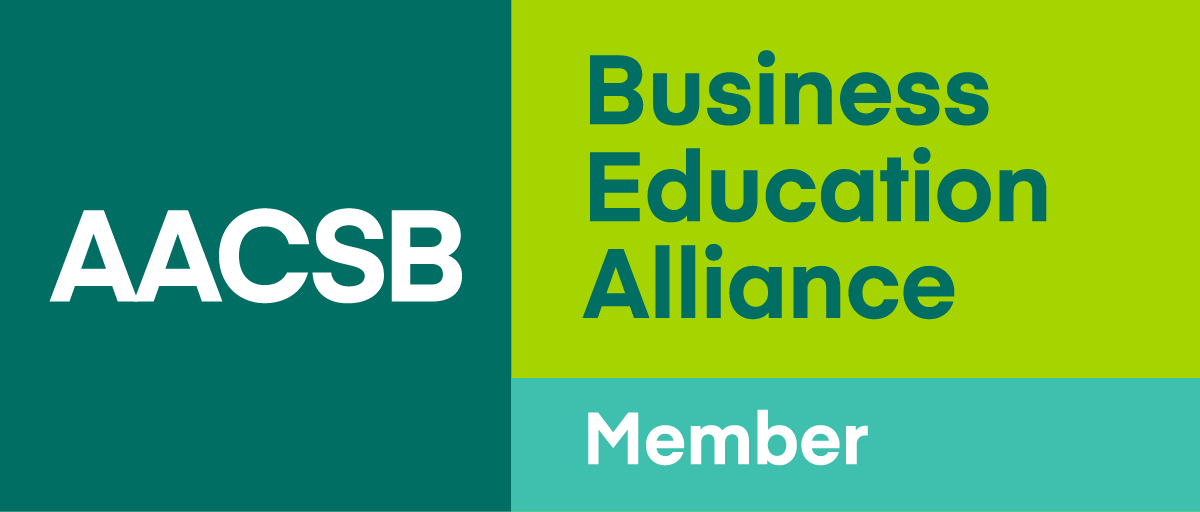【英語學習角落】當代年輕人如何看待外貌與自我呈現?臉蛋經濟學vs.自我認同:一場由內而外英語文化探討
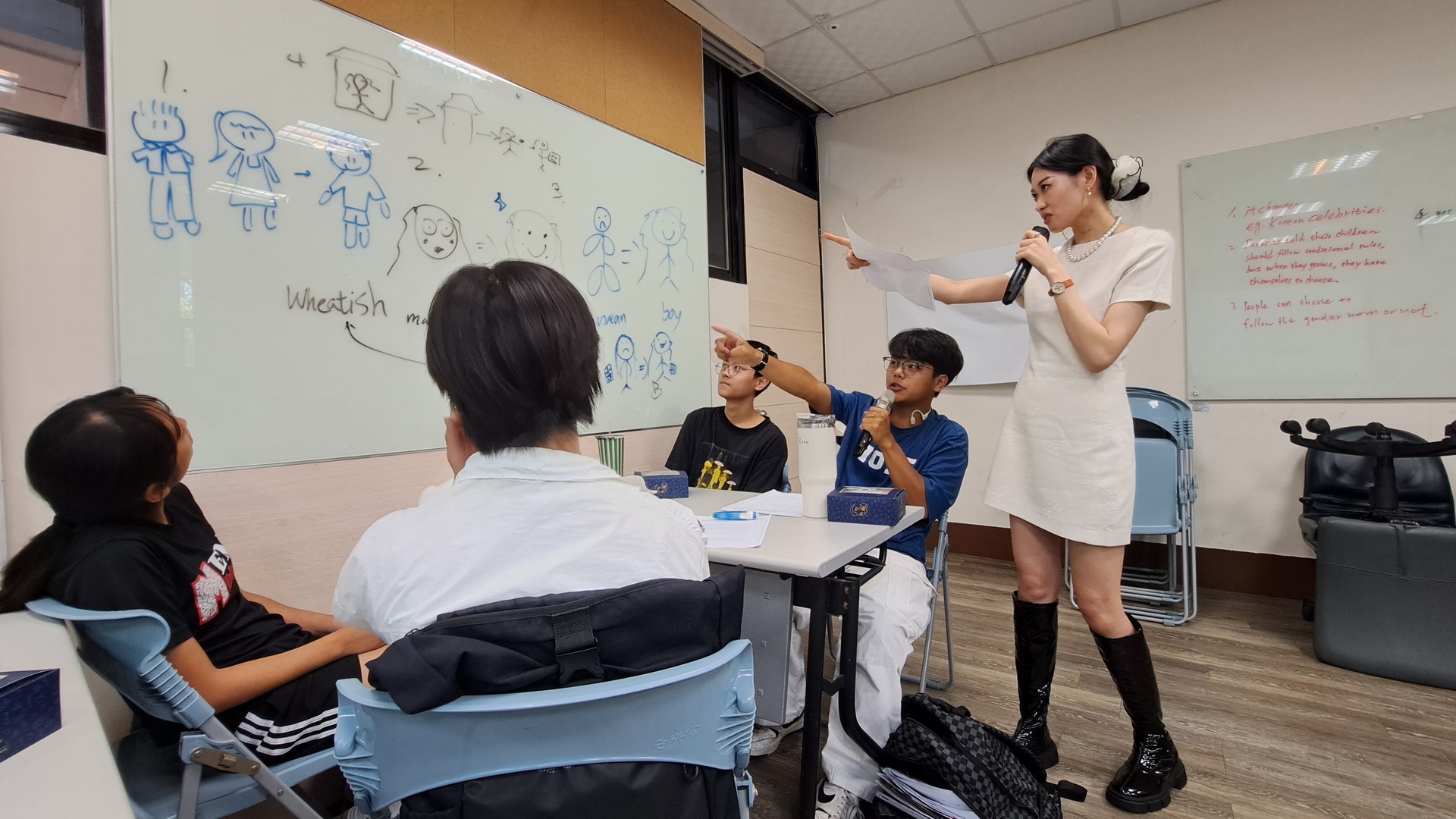
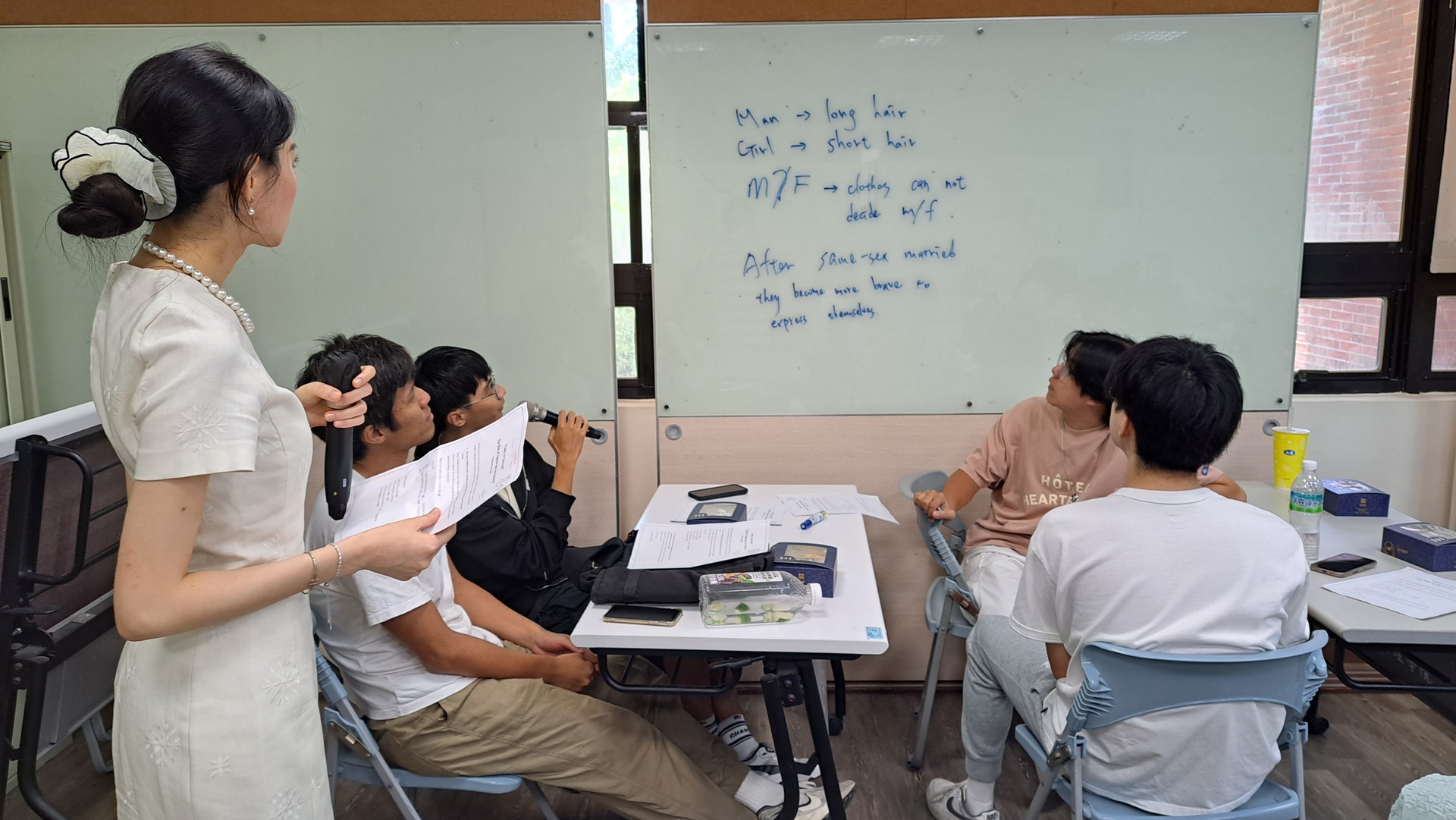
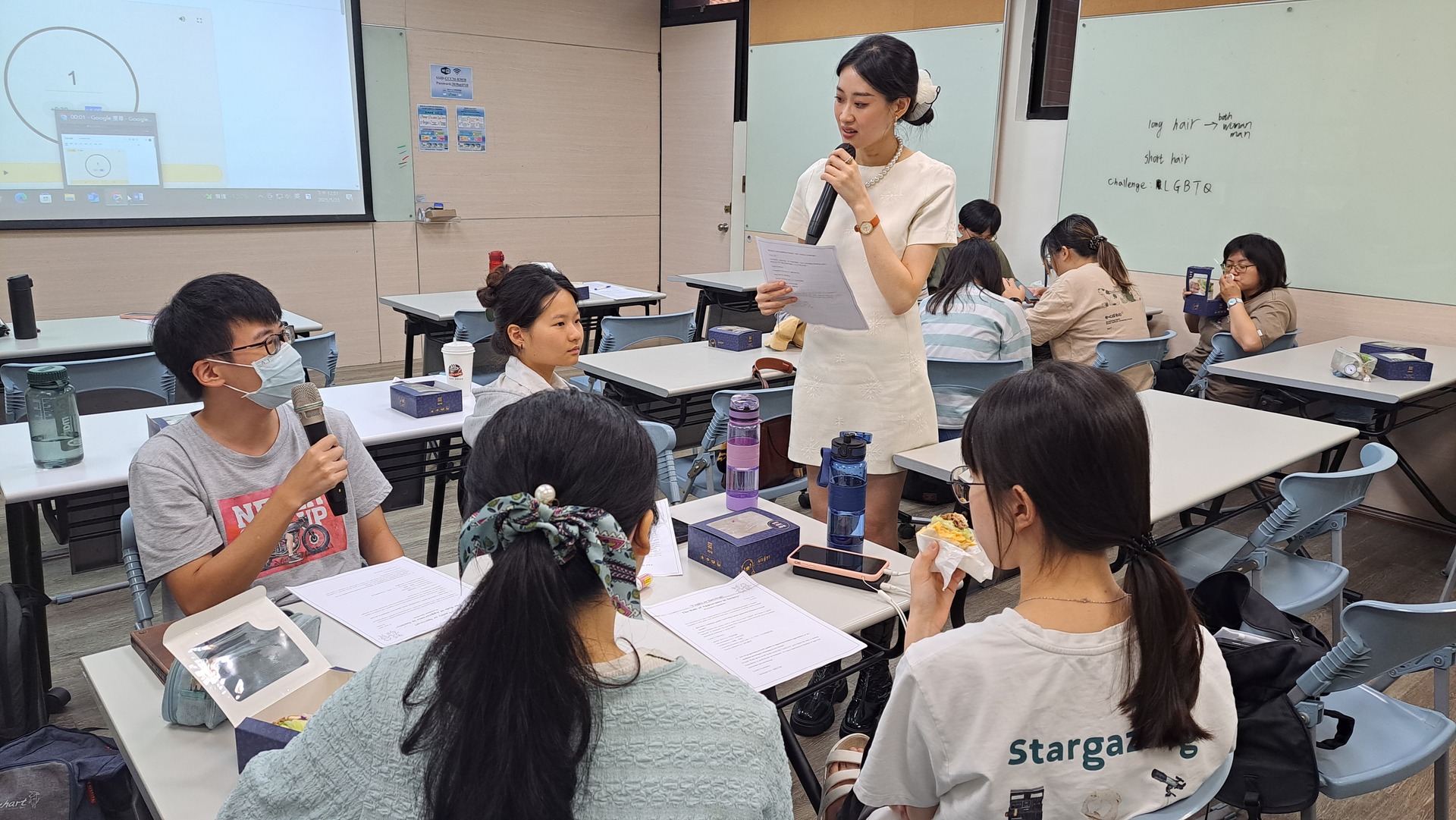
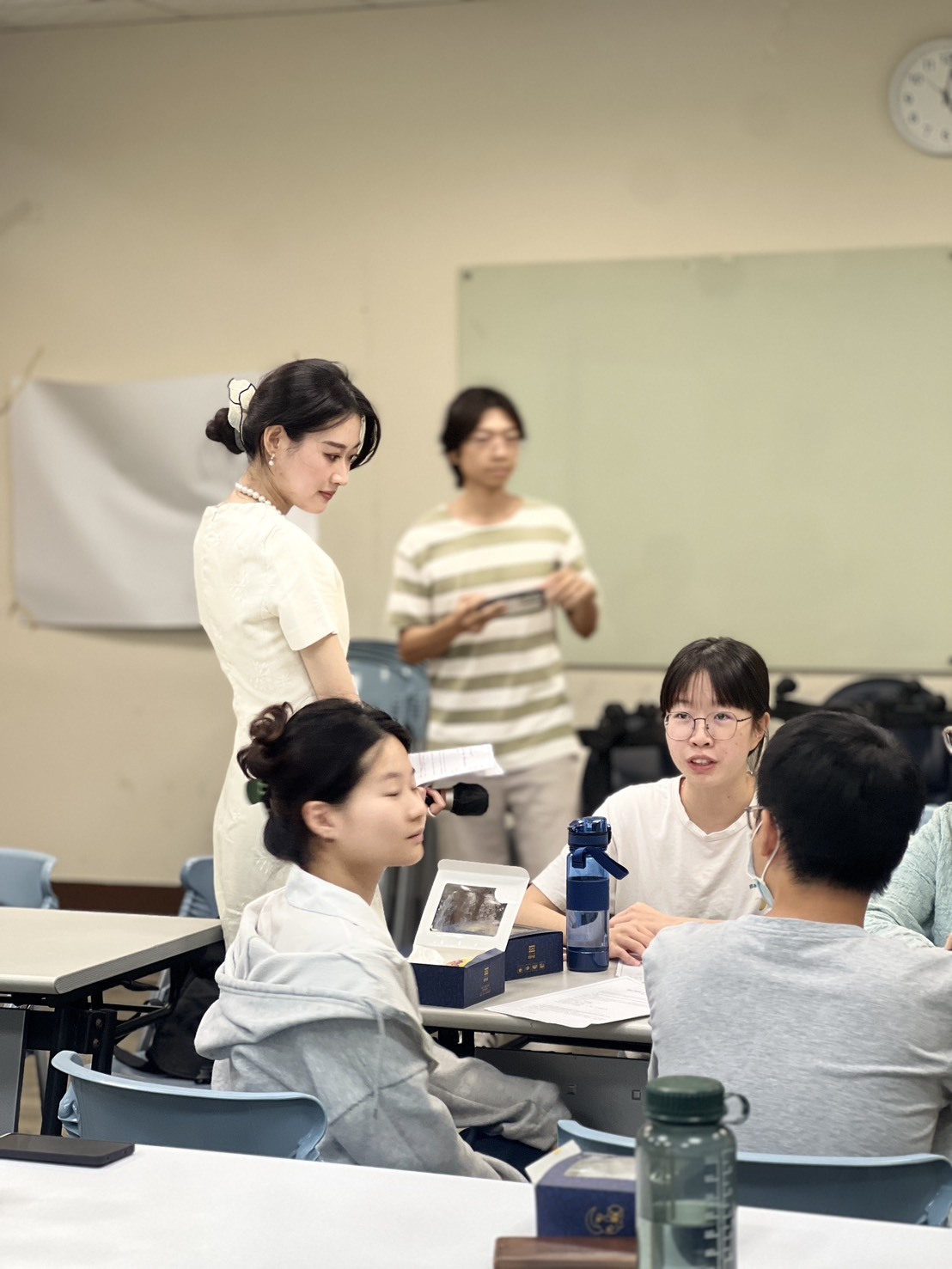
你有沒有想過——「打扮自己」到底是為了自信,還是迎合?在這個外貌即價值的時代,我們該如何看待外表與形象?2025年5月23日,管理學院英語學習角落舉辦了一場全英語交流活動,主題為「Vanity or Survival? The Role of Appearance in Society」,由導師何佩蓉(Haley)主持,引導學生深入討論外貌在性別角色、自我呈現與社會文化中的多重意涵。
活動以學生自我介紹開場,營造輕鬆氛圍,隨後進入主題討論。首個問題圍繞傳統性別對外貌的期待是否已隨時代而改變。以往社會期待男性展現「粗獷」氣質、女性則應「精緻」或「柔美」,但現今年輕世代更勇於挑戰刻板印象。有同學指出:「我父母總覺得男生不該太在意外表,但我認為打理自己其實是一種自尊的展現。」也有學生分享觀察到許多男性開始使用保養品,反映現代社會對「陽剛」與「柔美」的界線日益模糊。
第二個問題則探討當代社會對外貌的期待是否趨向平等,或是以新的形式延續舊有刻板印象。導師Haley以社群媒體盛行的「傳統賢妻」(tradwives)風潮為例,引發同學熱烈討論。有學生認為,這類趨勢表面上鼓吹選擇自由,實際上仍隱含對女性外貌與行為的規範。針對男性健身文化,也有學生指出,健身既是一種自我照顧的方式,也可能是來自社會潛在的身體壓力。
在活動中,學生運用如「gender norm」(性別規範)、「self-presentation」(自我呈現)、「stereotype」(刻板印象)等關鍵詞彙,進行深入而具反思性的討論。許多學生表示,這場活動讓他們重新思考外貌與個人選擇之間的關係,並認識到外貌期待往往是文化與媒體交織而成的社會現象。
透過全英語討論,學生不僅強化語言運用能力,更在探索性別、身分與文化價值中獲得啟發。本次活動成功激發學生對跨文化理解與自我認知的思辨,為其未來的國際視野與個人成長奠定扎實基礎。
(IRAO 辦公室供稿 / 管院媒體編修)
【English Learning Corner Lecture Series Highlights】
💡 活動全程以英文進行
💡 結束後可獲「英語實踐歷程檔案計畫」點數與證書
💡 如欲了解更多活動詳情,歡迎來信至:engc@cm.nsysu.edu.tw
On May 23, 2025, the College of Management’s English Learning Corner held a full-English discussion event titled “Vanity or Survival? The Role of Appearance in Society.” Led by instructor Haley Ho, the session invited students to explore the complex ways appearance relates to gender roles, self-presentation, and social and cultural norms.
The event began with self-introductions from the students, creating a relaxed and welcoming atmosphere before transitioning into deeper discussion. The first question addressed whether traditional gender expectations around appearance have evolved with time. In the past, men were often expected to appear rugged, while women were encouraged to look refined or delicate. Today’s younger generation, however, increasingly challenges these stereotypes. One student commented, “My parents always believed that boys shouldn’t care too much about their looks, but I think taking care of your appearance is a way of showing self-respect.” Another student noted that many young men now use skincare products, reflecting a more flexible view of masculinity and femininity in contemporary society.
The second question examined whether modern expectations around appearance are becoming more equal—or simply reinforcing old stereotypes in new forms. Haley introduced the popular “tradwife” trend on social media as a discussion prompt, sparking lively debate. Some students felt that while such trends appear to promote personal freedom, they still subtly reinforce societal norms regarding how women should look and behave. In discussing men’s fitness culture, one student noted that while working out can be a form of self-care, it may also stem from societal pressures to conform to certain body standards.
Throughout the session, students actively used key vocabulary such as gender norm, self-presentation, and stereotype to articulate their perspectives and critically reflect on changing beauty standards. Many shared that the discussion helped them reconsider the relationship between appearance and personal choice, recognizing that appearance-related expectations are often shaped by cultural narratives and media influence.
By engaging in this English-language dialogue, students not only improved their language proficiency but also gained valuable insights into gender identity, self-expression, and cultural values. The event served as a meaningful platform for fostering intercultural understanding and personal development—laying a strong foundation for their future growth and global outlook.
(Written by Alex Tsui, Department of Sociology / Proofread by the College of Management Media Team )


